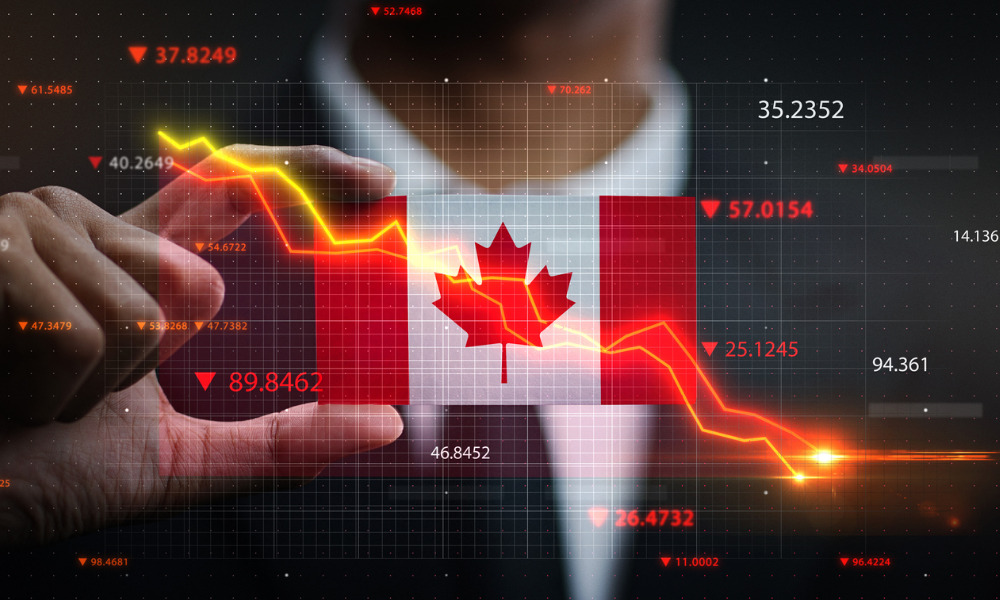The policy tension is between controlling inflation and maintaining stable growth

The Canadian economy is likely to see more volatility in the very near future, a fact that central banks have to face up to, according to Jean Boivin, head of BlackRock Investment Institute and former deputy governor of the Bank of Canada.
While the BoC’s hikes are justified so far, especially since it must assure the market that it is readily responding to inflationary pressures, “the situation is a bit more complicated than it appears,” Boivin said in an interview with BNN Bloomberg.
“We are facing, we think, the biggest trade-off between trying to control inflation versus maintaining stable growth – the worst tension between the two that we’ve seen in four years,” Boivin said. “And that is not part of the nuances of what we’ve been hearing from the central bank.”
Read more: Economists: Federal spending could further stoke inflationary pressures
“We’re going to see more volatility coming as these complications come to the fore over the next few weeks and months,” Boivin added, stressing that the most significant effects will become apparent by 2023.
“I think [the BoC is] solving for the here and now, and they want to convince each of us that they’re really committed to bringing inflation back to target. At the same time, the cost of bringing inflation back to target will be very, very significant.”
Boivin argued that recession is now “very much “in the cards in North America, “slowly becoming reality but not being fully acknowledged.”
He said that the central bank should provide a more detailed acknowledgement of what the situation entails, and articulate a framework that will help policymakers navigate and future-proof their approach moving forward.
“I think this is not a trivial choice, to say ‘We’re going to kill inflation, whatever it takes’ when you see what the damage will be,” Boivin said.



